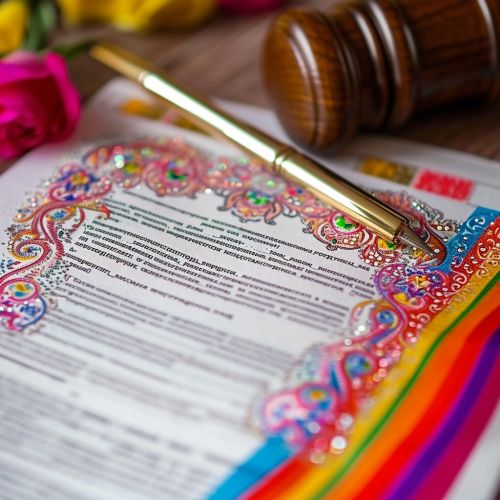LGBTQ+ rights in Russia
Historical Background
LGBTQ+ rights in Russia have a complex history, tracing back to the early 20th century. In 1917, following the Russian Revolution, homosexuality was decriminalized in Russia, marking a significant shift in societal attitudes towards homosexuality. However, this period of relative tolerance was short-lived. In 1933, under the rule of Joseph Stalin, homosexuality was recriminalized, and it remained a criminal offense until 1993.
Legal Status
In 1993, homosexuality was decriminalized in Russia, marking a significant milestone in the history of LGBTQ+ rights in the country. However, this did not equate to full legal recognition or protection for LGBTQ+ individuals. In fact, Russia does not recognize same-sex relationships, and there are no laws protecting against discrimination based on sexual orientation or gender identity.


Societal Attitudes
Despite legal changes, societal attitudes towards homosexuality in Russia remain largely negative. A 2013 survey conducted by the Levada Center, a Russian independent, non-governmental polling and sociological research organization, found that 74% of Russians believed that homosexuality should not be accepted by society. This pervasive societal homophobia is reflected in the high rates of violence and discrimination faced by LGBTQ+ individuals in Russia.
Anti-LGBTQ+ Legislation
In 2013, Russia passed a law banning the "propaganda of nontraditional sexual relationships to minors". This law, commonly referred to as the "gay propaganda law", has been widely criticized by international human rights organizations, including Amnesty International and Human Rights Watch, for its broad and vague wording, which effectively criminalizes any public expression or discussion of homosexuality.
Impact on LGBTQ+ Individuals
The anti-LGBTQ+ legislation and societal attitudes in Russia have a significant impact on the lives of LGBTQ+ individuals in the country. Many LGBTQ+ individuals in Russia report experiencing discrimination, violence, and harassment. Furthermore, the anti-LGBTQ+ legislation has been linked to an increase in homophobic hate crimes in Russia.
International Response
The international community has widely criticized Russia's stance on LGBTQ+ rights. Numerous countries and international organizations, including the European Union and the United Nations, have condemned Russia's anti-LGBTQ+ legislation and called for its repeal. Despite this international pressure, Russia has remained steadfast in its stance on LGBTQ+ rights.
